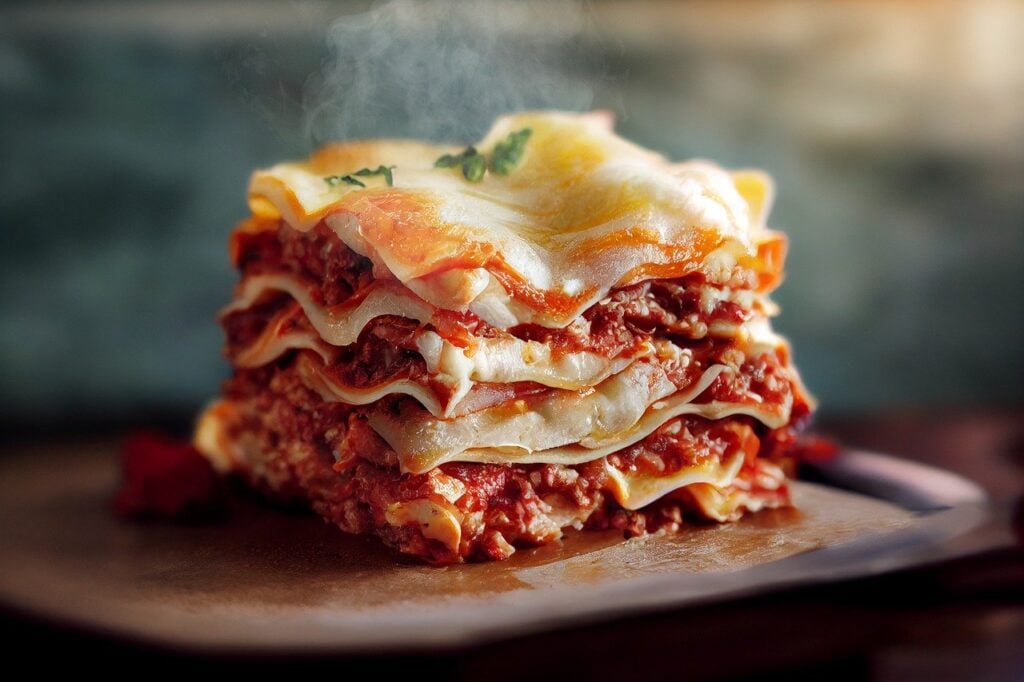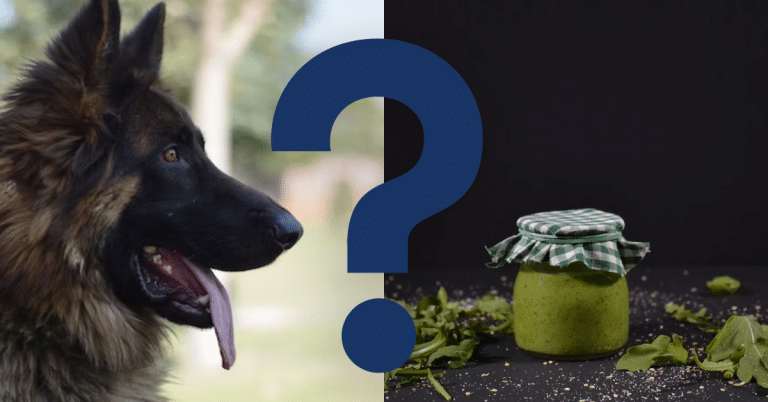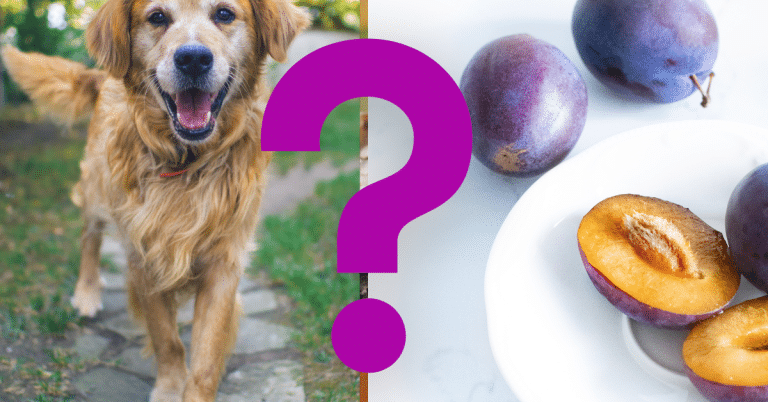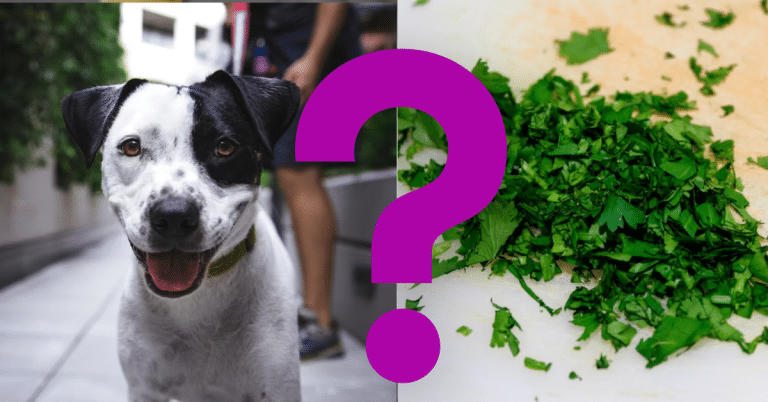Can Dogs Eat Bologna? A Vet’s Opinion

Dogs can eat bologna, although it is not suggested that they do so frequently. A processed meat product called bologna frequently has a lot of salt, chemicals, and preservatives. Dogs may be harmed by certain items, particularly if they take them frequently or in significant quantities.
Let’s dive in:
Benefits of bologna for dogs
Bologna could be a nice treat for dogs, but it’s crucial to remember that it doesn’t have many health advantages. Here are some things to think about:
- The necessary ingredient for dogs is protein, which is present in Bologna. Bologna is a processed meat product, so it’s crucial to remember that it might not have the same level of protein as lean, unprocessed meats like chicken or cattle.
- Bologna’s powerful flavour and aroma make it frequently very appetising to dogs. For dogs that are fussy eaters or require encouragement to consume their usual food, this might make it an alluring alternative. However, it’s crucial to consume bologna in moderation and as a treat sometimes rather than daily.
- Enjoyment And Variation: bringing a tiny slice of bologna to your dog’s food on rare occasions can provide them a difference in flavour and texture, bringing variation to their diet and making mealtime more pleasurable for them. They should still eat their usual, nutritionally sound dog food in addition to this.
- Attention To Substances: When choosing a brand of bologna for your dog, make sure it doesn’t include any potentially dangerous substances, such as high salt, preservatives, or additives. Always read the label, then choose products that are of a good calibre and have less processing and additives.
It’s important to keep in mind that bologna should only be given to dogs as a rare treat and in tiny amounts. Giving your pet too much bologna or making it a large part of their food can result in weight gain, gastrointestinal distress, and other health problems. Prioritizing a well-balanced diet designed especially for dogs with treats prepared with dog-friendly components is the greatest option for their general health and nutrition.

How to safely give Bologna to dogs?
It’s crucial to do it carefully if you decide to sometimes offer your dog bologna as a treat. Following are some suggestions:
- The Key Is Moderation: Bologna should only be fed to dogs on rare occasions and in minimal doses. It only takes a little amount or a few nibbles.
- Pick Alternatives Of Good Quality: Choose brands of bologna that have less additives, less processing, and less sodium. Steer clear of bologna that has been spiced up with unhealthy substances like onion or garlic powder, which may be hazardous to dogs.
- Watch For Allergies Or Sensitivities: Gradually add bologna to your dog’s diet while keeping an eye on how they react. Certain bologna components may cause stomach discomfort, itching, or other allergic responses in certain dogs who are sensitive to them or who have allergies to them. Stop feeding the bologna if you experience any negative responses, and then speak with your veterinarian.
- To avoid choking or ingesting huge portions, make sure to chop the bologna into manageable, small pieces before feeding it to your dog.
- Bologna should never be used in place of your dog’s normal, nutritionally balanced food. It should only be used occasionally as a treat or supplement. Make sure their primary source of nourishment is a premium, balanced dog food that is suitable for their age, size, and health needs.
- Speak With Your Veterinarian: It’s always a good idea to speak with your veterinarian if you have any worries or inquiries about whether you should give bologna to your dog. Based on the requirements and health situation of your dog, they may offer tailored guidance.
Keep in mind that bologna shouldn’t make up a large portion of your dog’s food; it should only be given occasionally. When thinking about treats or dietary additives for your dog, always put their overall health and nutritional requirements first.
Will Bologna make a dog sick?
If fed in excess or if the dog has allergies or sensitivities to the bologna’s contents, bologna may make the dog ill. Here are several explanations as to why dogs might not enjoy bologna:
- Bologna sometimes has high levels of fat and salt, which can be harmful to dogs if ingested frequently or in excessive amounts. Pancreatitis, an unpleasant and sometimes dangerous illness in dogs, can result from an excessive diet of fat. Dehydration brought on by high sodium levels might result in sodium poisoning in dogs.
- Bologna frequently includes flavours, preservatives, and chemicals that should not be consumed by dogs. Some dogs may experience stomach distress, allergic reactions, or other health problems because of these substances.
- Allergies and Sensitivities: Certain spices or additives in bologna, for example, may cause allergies or sensitivities in some dogs. Allergies, gastric distress, or skin irritation may follow from this.
It’s vital to remember that the potential negative effects’ intensity varies depending on the dog in question and the quantity of bologna they ingest. Dogs might vary in their tolerance levels. However, it is often advised to either avoid feeding bologna or to only use it as a rare treat in very little amounts.
It is important to visit a vet for advice and an assessment of your dog’s condition if you believe that your dog has consumed a considerable amount of bologna or if your dog is displaying symptoms of disease after doing so.

A Vet’s Summary
Veterinarians usually concur that bologna is not the best meal for dogs and advise against feeding it to them. Here are a few causes for this:
- Bologna is a processed meat product with potential for high levels of fat, salt, preservatives, and chemicals. If ingested in excessive doses or often, these ingredients might cause health problems such obesity, pancreatitis, dehydration, and salt toxicity.
- Dogs’ allergies and sensitivity to certain bologna components, such as spices, condiments, or additives, are possible. These may result in skin problems, stomach troubles, or allergic responses.
- Veterinarians stress the need of providing dogs with a nutritionally balanced food that satisfies their unique dietary requirements. Bologna lacks the vitamins, minerals, and other nutrients that dogs need for good health.
- Alternatives that are healthier and safer include lean, unprocessed meats such cooked chicken, turkey, or beef that don’t contain any extra substances that might be hazardous to dogs. These choices provide higher-quality protein and pose fewer dangers.
While sometimes eating a little slice of bologna may not damage a dog right away, doctors often advise against doing so. It is always advised to speak with your vet for individualized guidance based on your dog’s particular needs, medical history, and nutritional requirements. They may advise you on appropriate treats and make sure your dog eats a diet that is well-balanced.
Videos to watch
If you are wondering whether dogs can eat bologna, watch this:
If you are wondering whether Bologna is beneficial for dogs, watch this:






